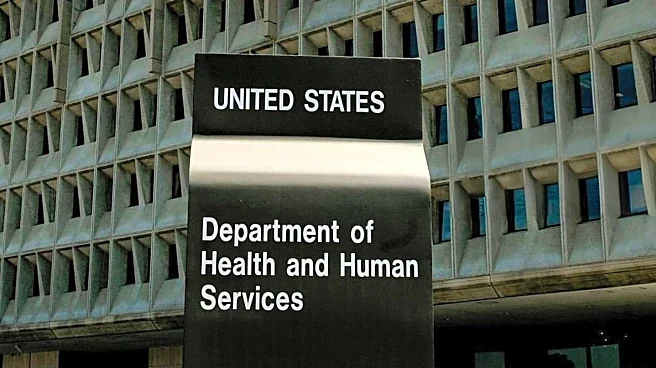What's Happening?
A group of healthcare provider associations has expanded their lawsuit against HHS Secretary Robert F. Kennedy Jr., challenging the recent changes to the CDC's Advisory Council on Immunization Practices
(ACIP). The lawsuit claims that the reconstitution of the ACIP, which involved replacing all 17 members with appointees who share RFK Jr.'s vaccine safety criticisms, was improper and politically motivated. The plaintiffs argue that the new appointees lack the necessary qualifications and that the changes have led to confusion and decreased vaccine confidence. The lawsuit seeks to nullify the ACIP's recent vaccine recommendations and calls for the advisory group to be reformed in accordance with legal standards.
Why It's Important?
The lawsuit highlights significant concerns about the politicization of public health policy and its impact on vaccine confidence and public trust. The changes to the ACIP and the subsequent policy shifts have created confusion among healthcare providers and patients, potentially undermining efforts to maintain high vaccination rates. The case underscores the tension between political leadership and scientific expertise in public health decision-making. The outcome of this legal challenge could have far-reaching implications for the governance of public health agencies and the integrity of vaccine recommendations in the U.S.
What's Next?
The court's decision on this lawsuit will be closely watched by healthcare providers, public health officials, and policymakers. If the court rules in favor of the plaintiffs, it could lead to a reformation of the ACIP and a reevaluation of recent vaccine policy changes. The case may also prompt broader discussions about the role of political influence in public health decision-making and the need for transparency and accountability in the appointment of advisory panels.









